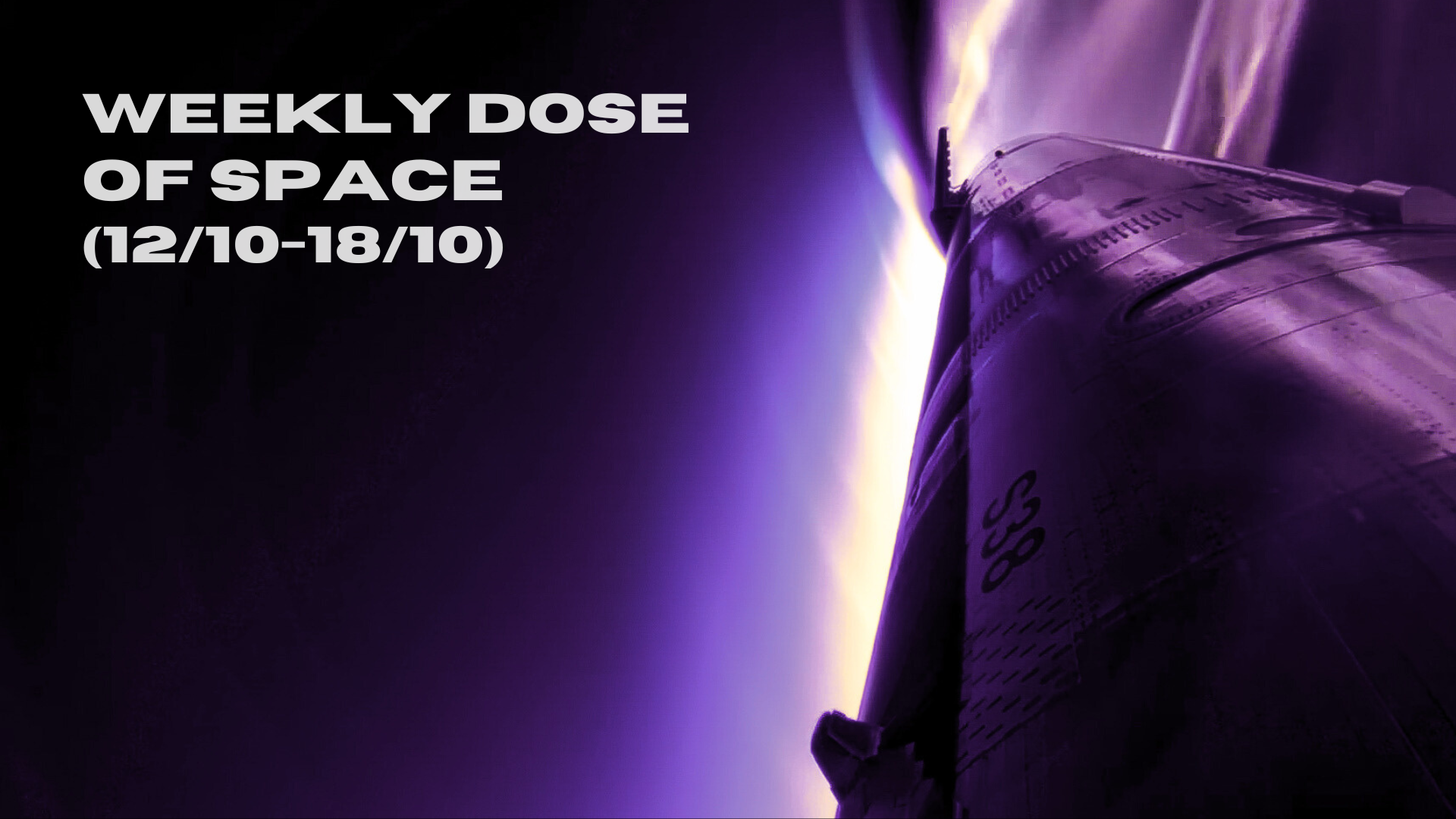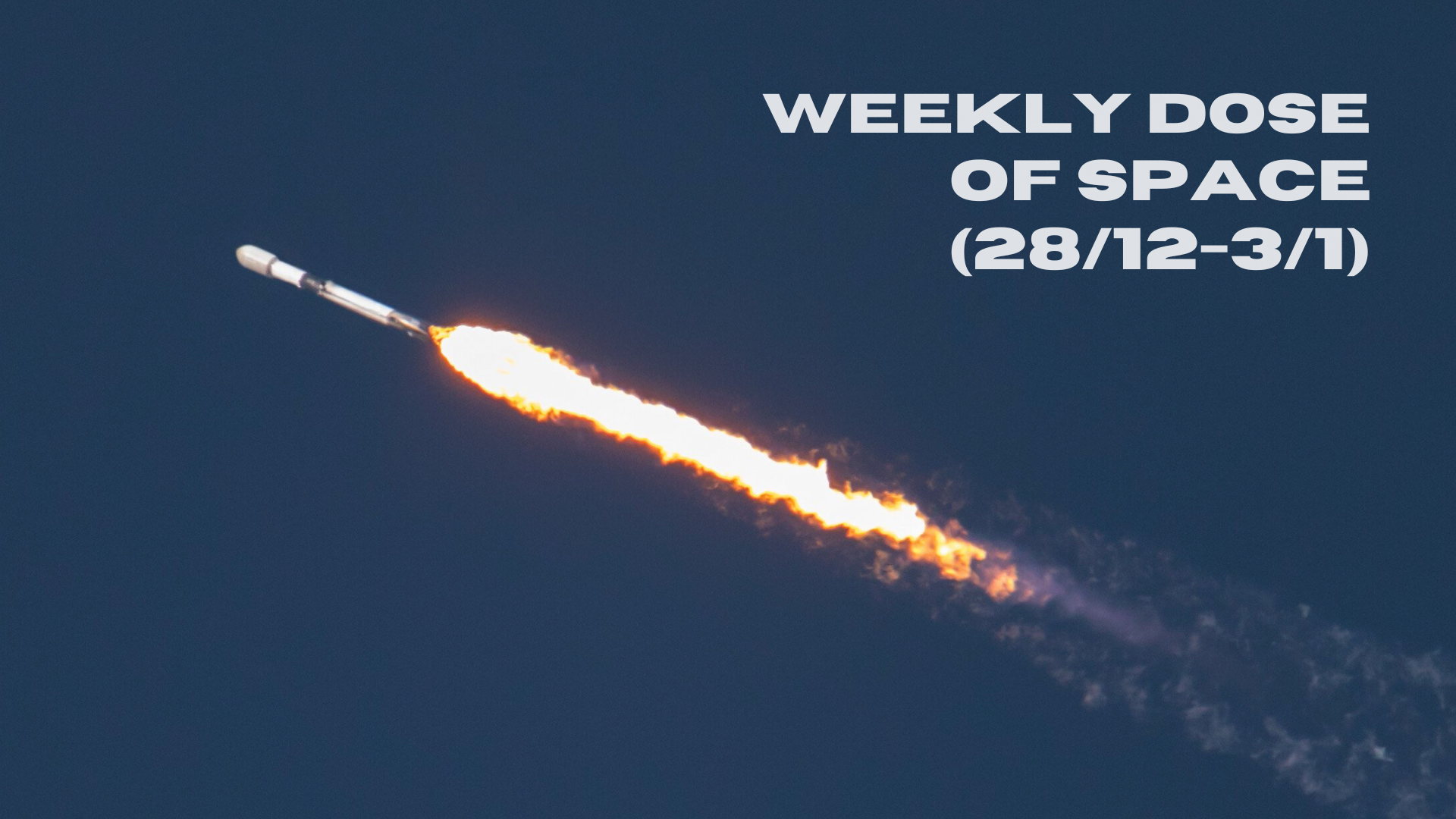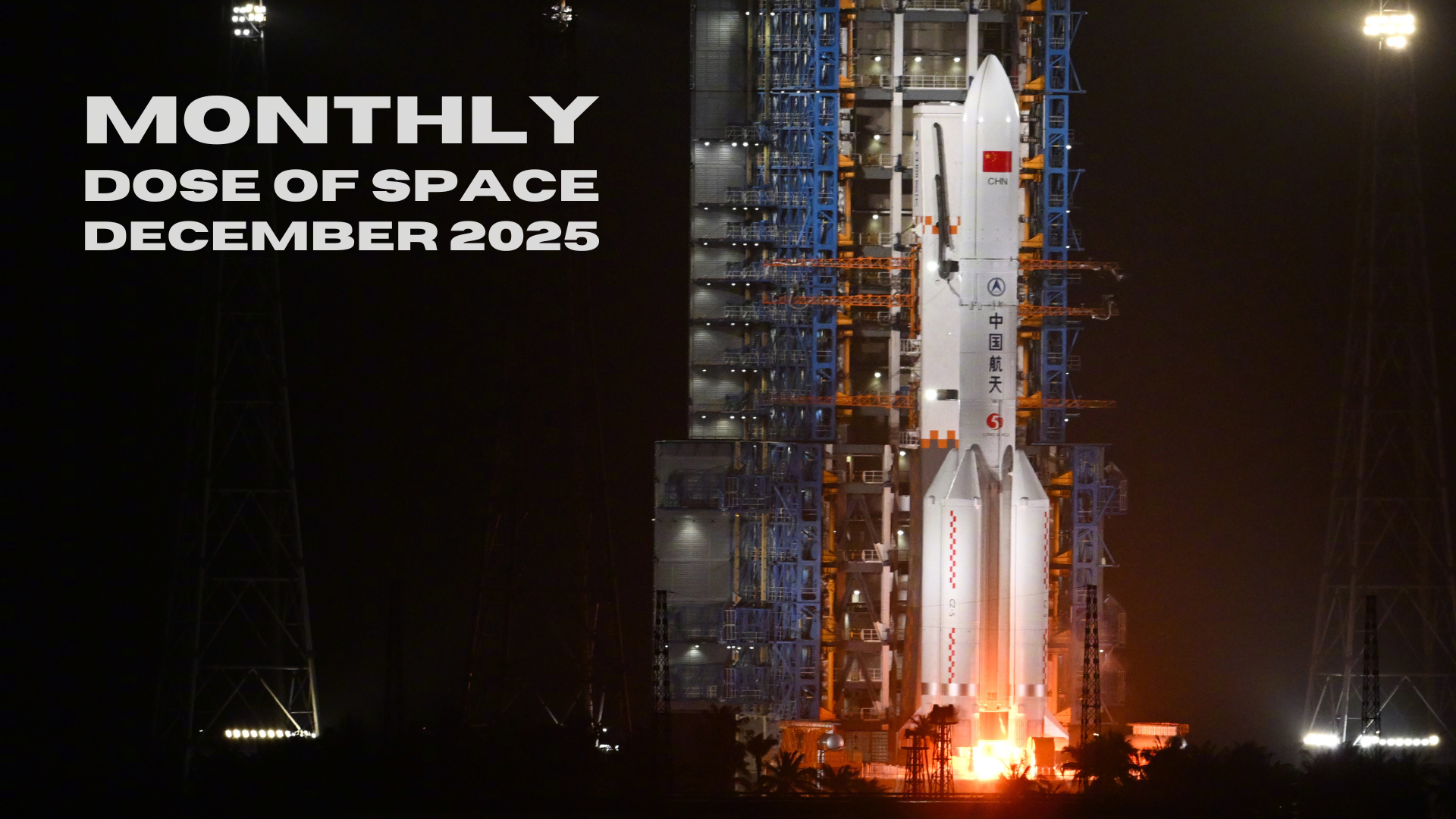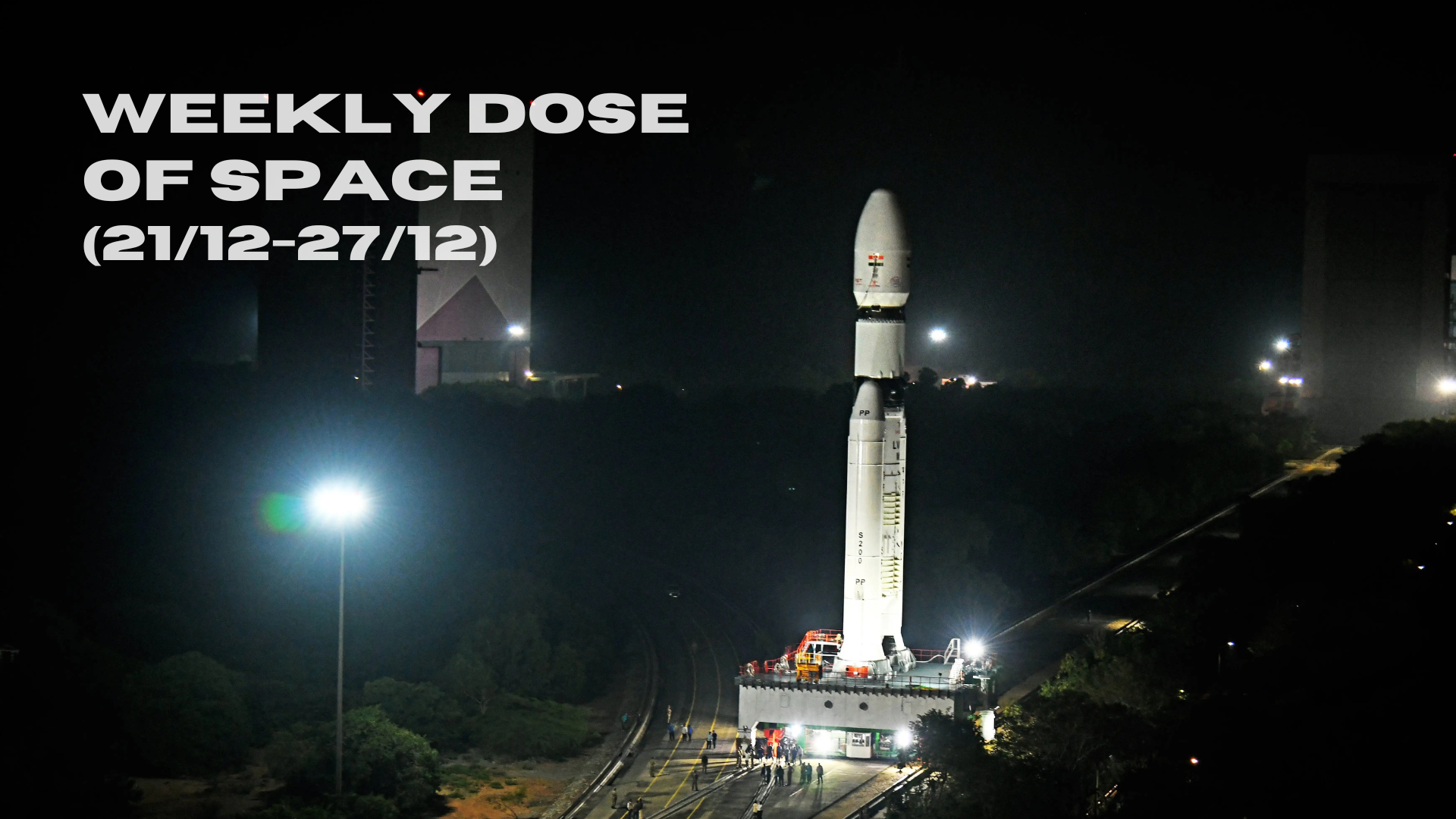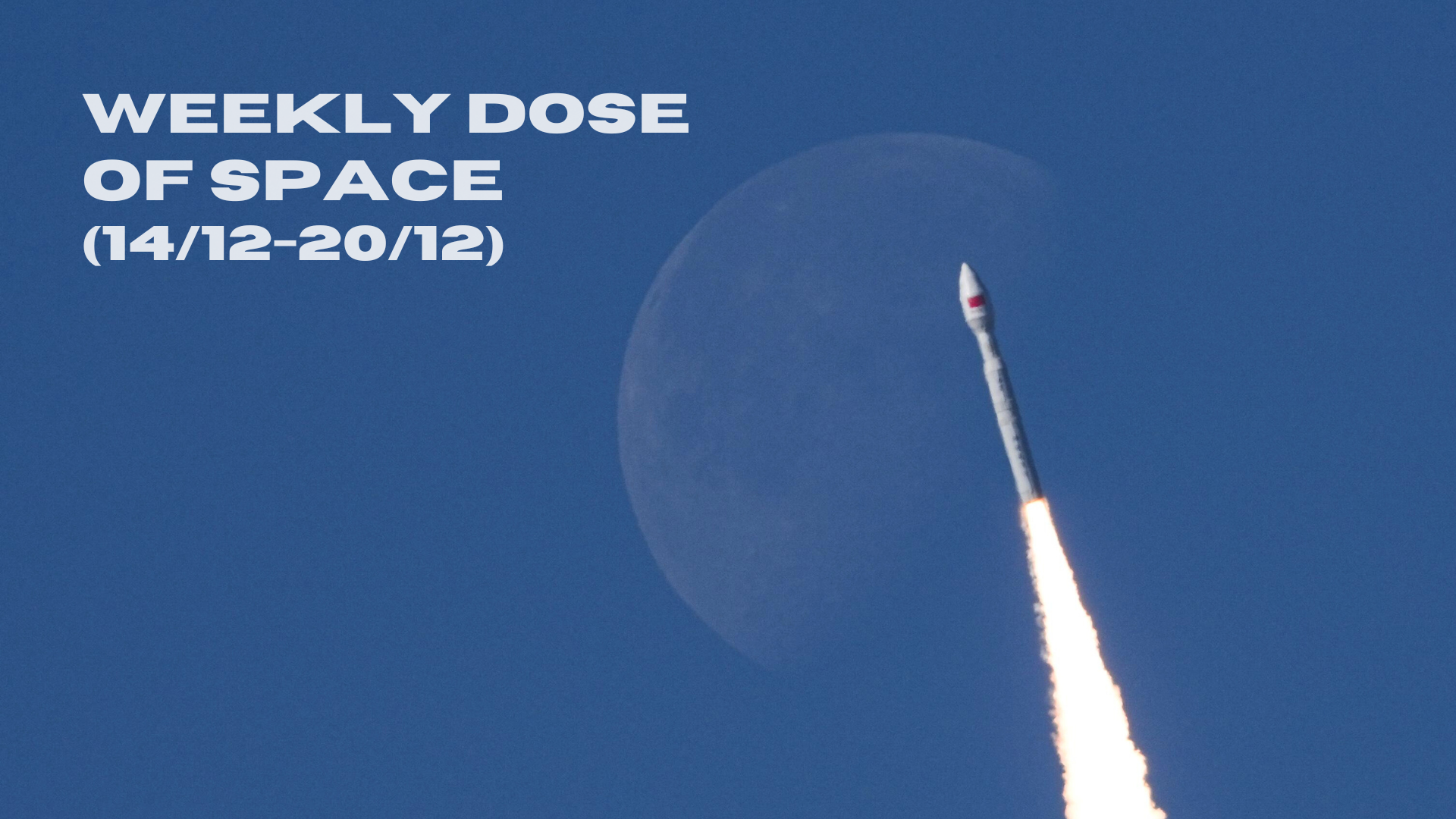Table of Contents
Welcome back to Weekly Dose of Space! This week saw eight launches into orbit, with four in support of deploying space-based connectivity constellations. News from the week had one of China's first reusable rockets heading to the launch site while Ariane 6 lines up for two more missions this year. As always, we'll also look ahead to what the worldwide launch schedule might look like next week.
Launches This Week
October 13th - Long March 2D with Shiyan-31
A Long March 2D launched from the Jiuquan Satellite Launch Center carrying Shiyan-31 into a polar orbit. Shiyan-31 is said to be for verifying new optical imaging technologies.
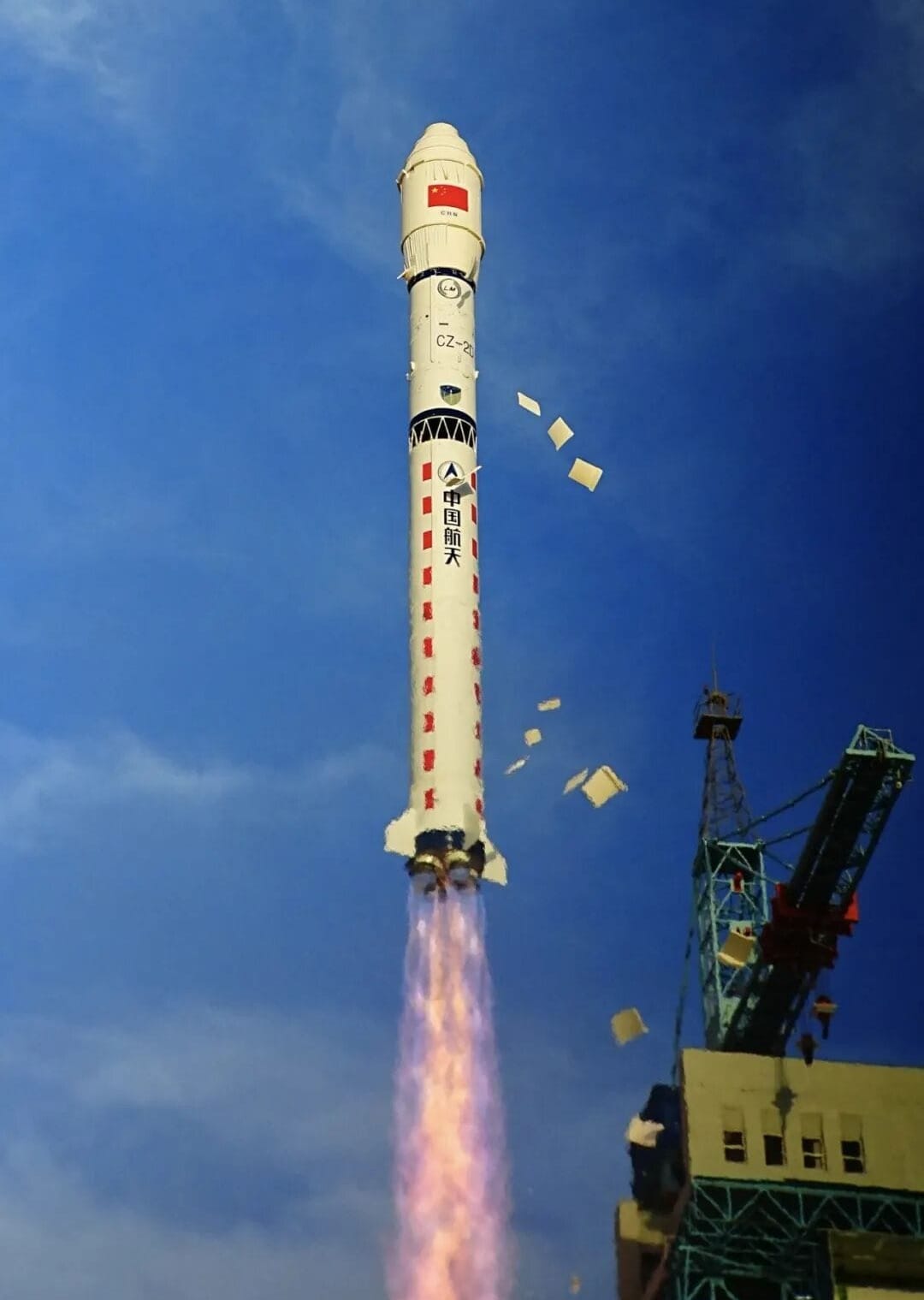
October 14th - Starship-Super Heavy for its eleventh flight test
SpaceX had its in-development fully-reusable Starship-Super Heavy perform its eleventh flight test, lifting off from South Texas. Flying for the test was Ship 38, for its first flight and the final launch of a 'Block 2' Starship, and Super Heavy Booster 15, flying for the second time. Both vehicles successfully splashed down afterwards.
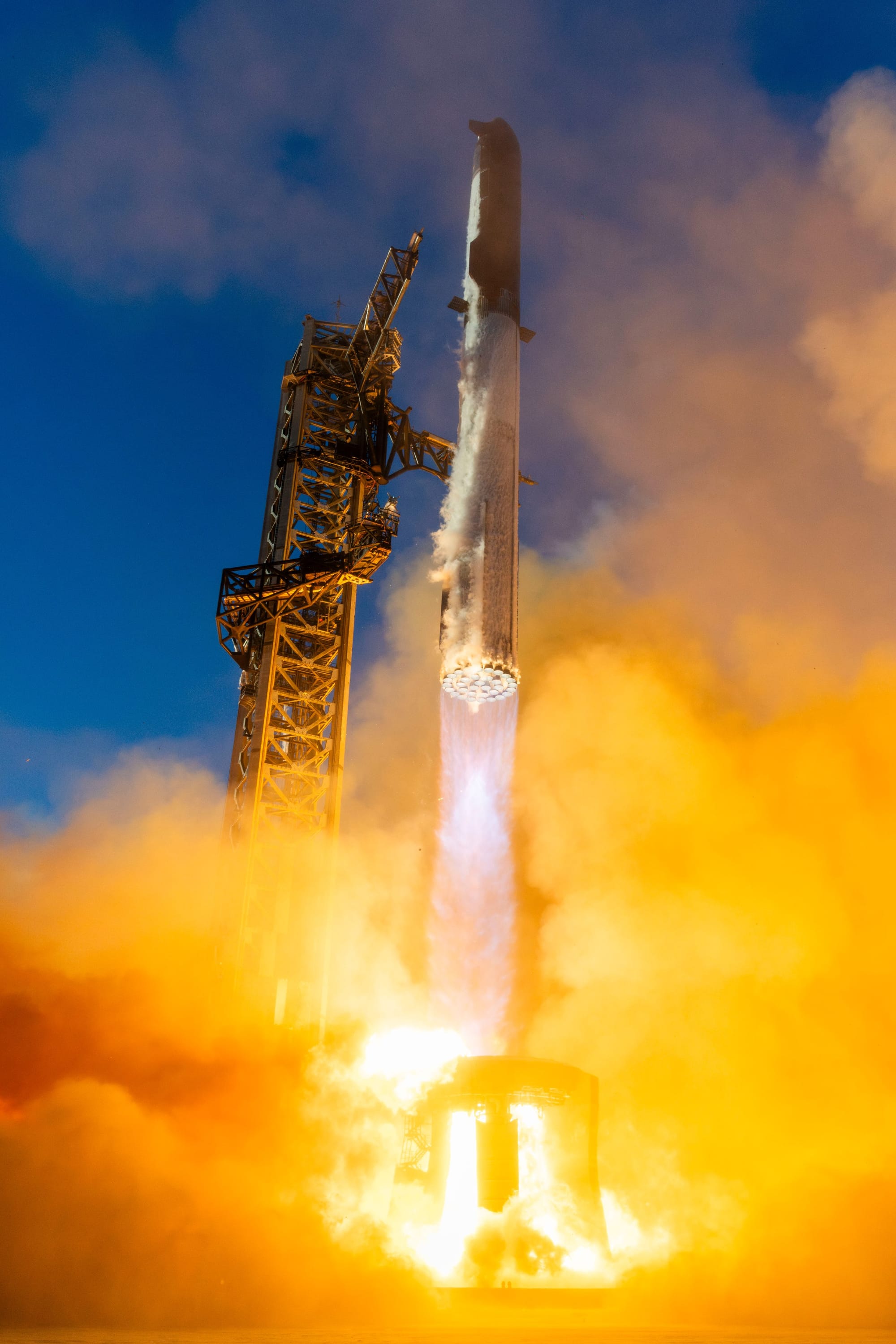
October 14th - Falcon 9 with KF-03
From Space Launch Complex 40, in Florida, on October 14th, SpaceX's Falcon 9 flew into low Earth orbit carrying 24 satellites for Amazon's Kuiper constellation, bringing it up to 153 spacecraft. Supporting this mission was booster B1091, flying for the second time and landing downrange on the drone ship 'Just Read The Instructions'.
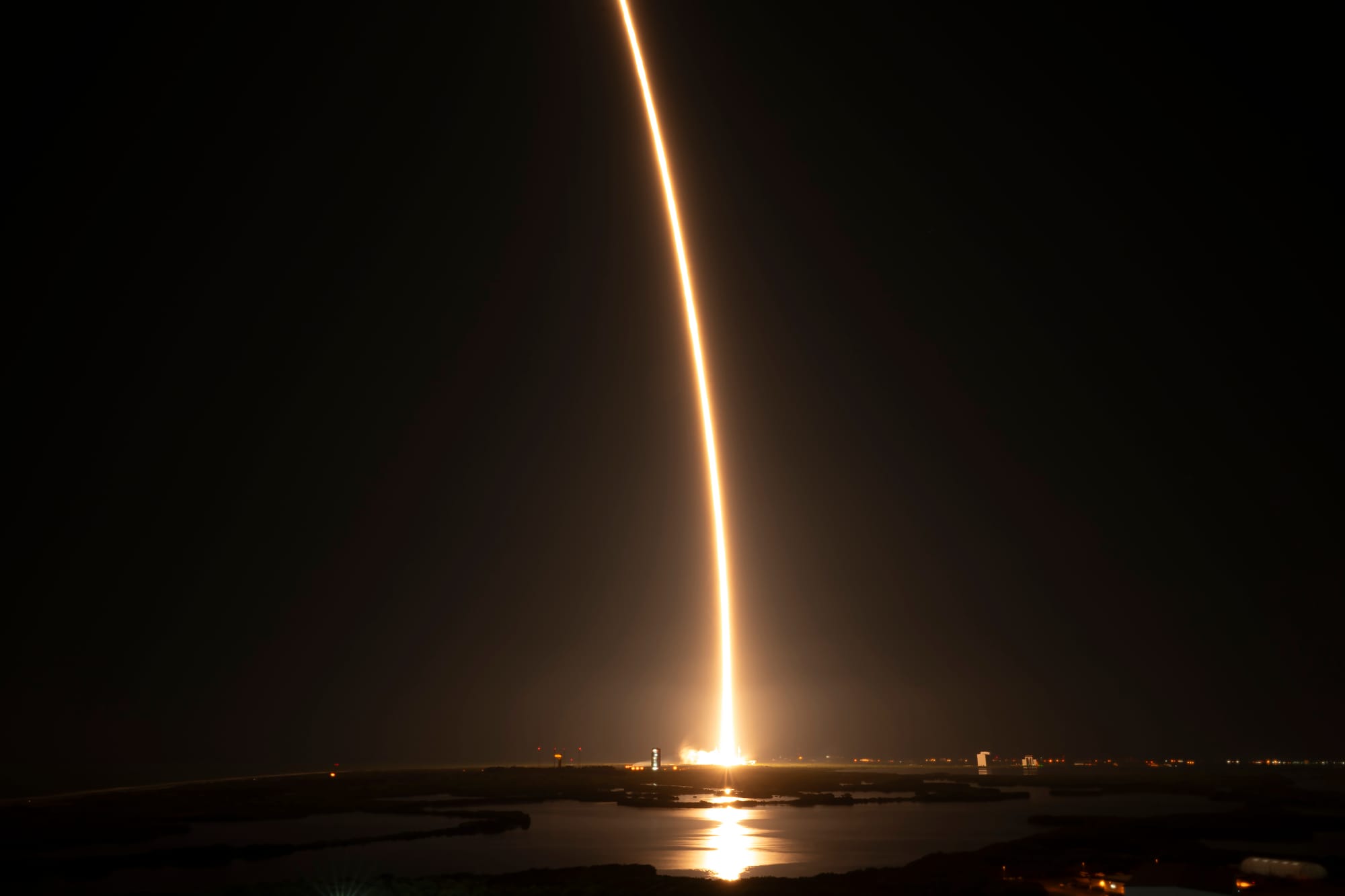
October 14th - Electron for 'Owl New World'
Rocket Lab launched its Electron rocket from Launch Complex 1A, on the Māhia Peninsula in New Zealand, carrying a StriX satellite into low Earth orbit from Synspective. The new StriX satellite is planned to collect data of the Earth below at a resolution between one and three meters.
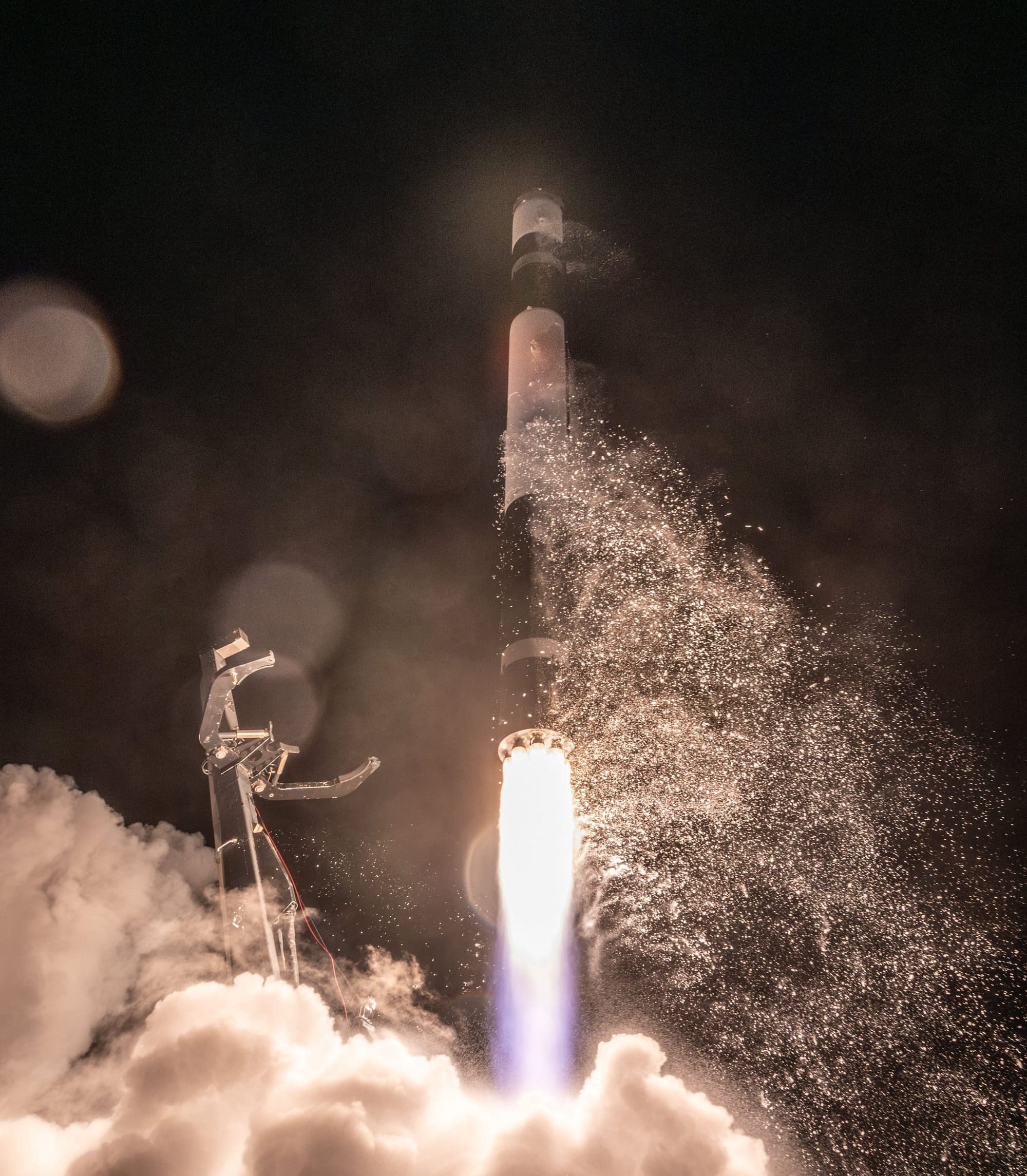
October 16th - Falcon 9 with a Tranche 1 mission
Falcon 9 launched from Space Launch Complex 4E, in California, carrying twenty-one satellites into polar orbit for the U.S. military. Booster 1093 supported this mission for its seventh flight, landing on the drone ship 'Of Course I Still Love You' downrange.
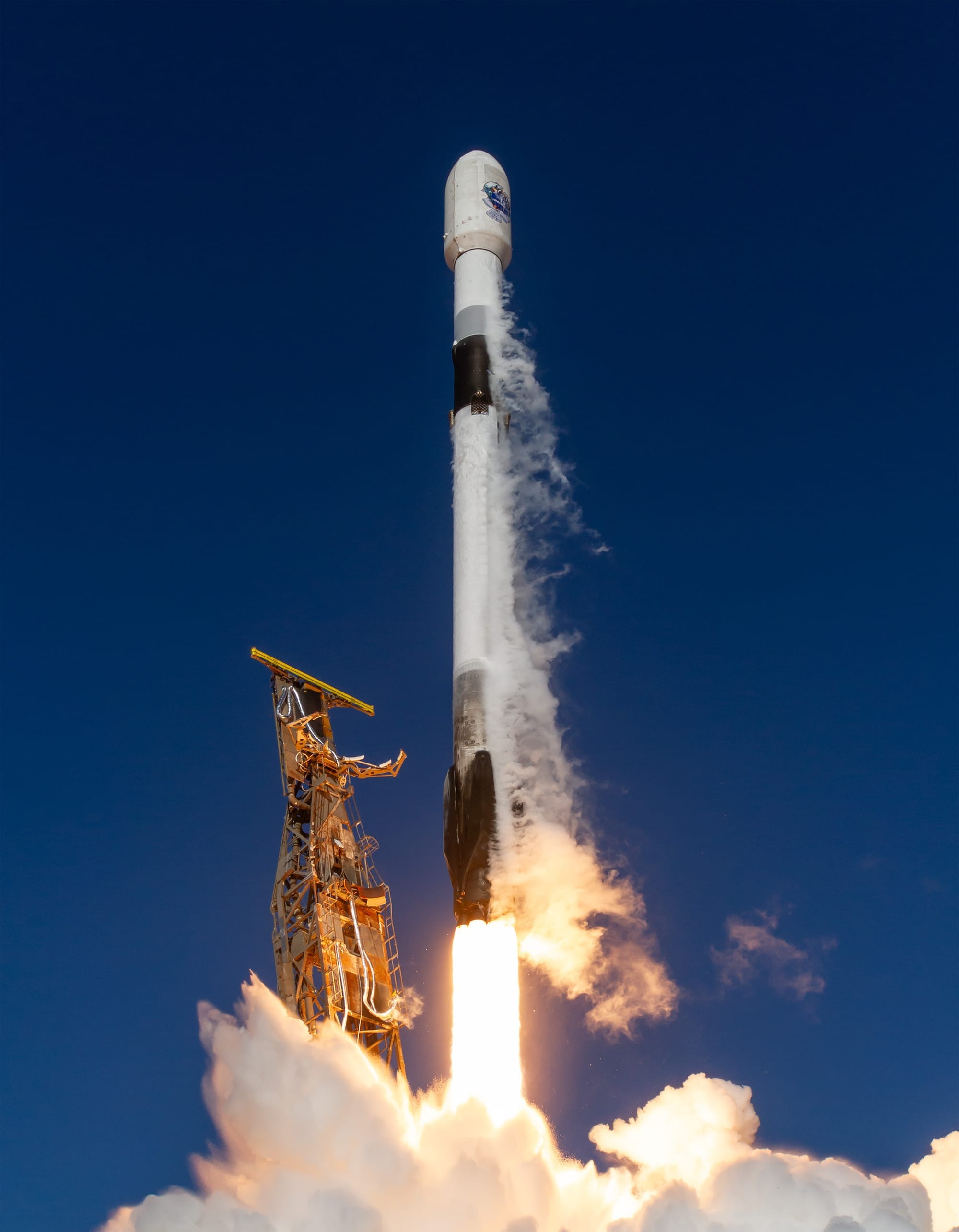
October 16th - Long March 8A with GuoWang Group 12
A Long March 8A lifted off from the Wenchang Commercial Space Launch Site carrying nine satellites into low Earth orbit for China's Central Government-backed GuoWang constellation. This constellation now has 95 spacecraft in orbit, with it planned to provide internet connectivity services.
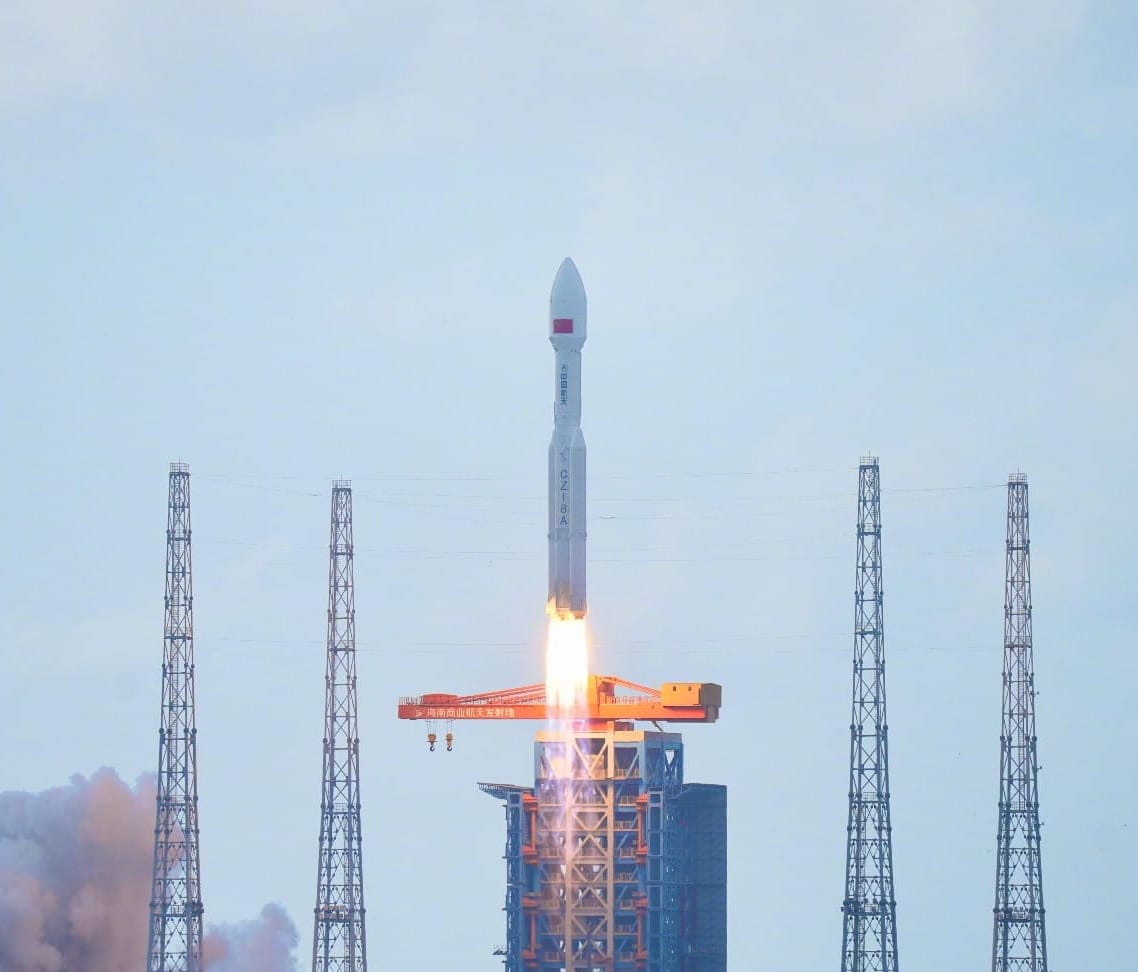
October 16th - Falcon 9 with Starlink Group 10-52
Another Falcon 9 flew from Space Launch Complex 40, carrying twenty-eight Starlink satellites into low Earth orbit. Flying in support of this mission was booster B1095, making its third flight and landing downrange on the drone ship 'Just Read The Instructions'.
October 17th - Long March 6A with Qianfan Polar Group 18
Following a seven-month deployment pause, the Shanghai-supported Qianfan constellation saw its sixth launch to date with the deployment of its 'Polar Group 18'. That launch brought the constellation up to 108 spacecraft in orbit, ahead of plans to provide space-based internet services.
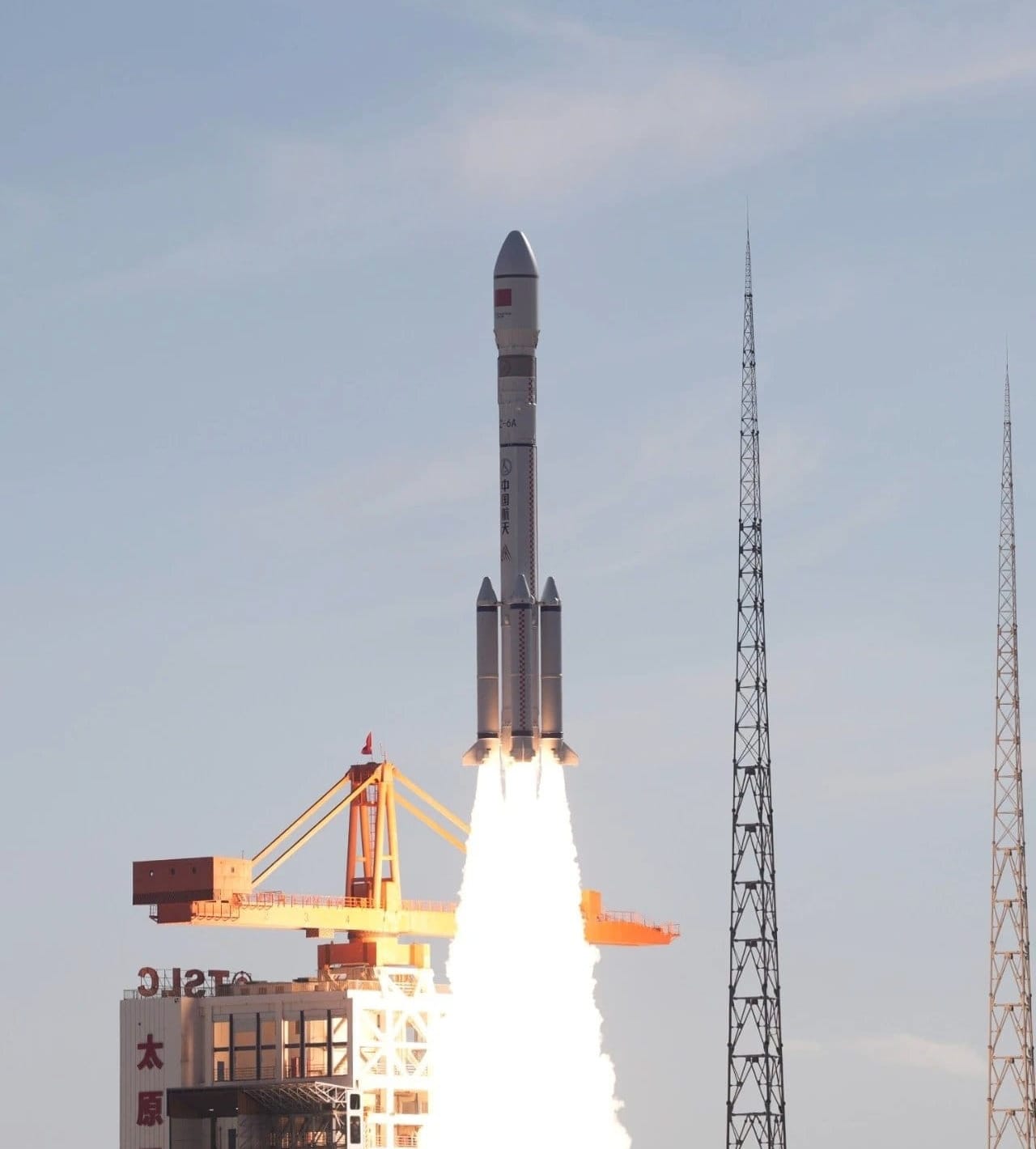
In Other Space News
Zhuque-3 nears debut flight
Land to Infinity 《极限征途》
— LandSpace (@LandSpace_Tech) October 17, 2025
Across the dusty land, with stars and dawns - the journey of a rocket that never stops.
穿越风尘与黎明,往返星辰与大地。
ZhuQue-3 (ZQ-3) Y1 is progressing steadily as planned. The launch vehicle has successfully completed transportation from our… pic.twitter.com/WpU2vXnshS
LandSpace's Zhuque-3 launch vehicle heading from its manufacturing facility to the Jiuquan Satellite Launch Center, via LandSpace on Twitter.
LandSpace's partially reusable liquid methane and liquid oxygen burning Zhuque-3 launch vehicle is closing in on its debut flight, with the company recently sharing a short video of hardware heading to its facility at the Jiuquan Satellite Launch Center. The first flight-bound Zhuque-3 vehicle has been at the launch site for most of the month, with it being spotted on the launch pad earlier in the week.
Almost two months ago, LandSpace's Chief Executive Officer Zhang Changwu said that the company was hoping to fly Zhuque-3 in September optimistically or in November if challenges were faced, as October launches have to move aside for Shenzhou mission preparations. Back in June, Zhuque-3 had its booster design and control systems verified with a 45-second nine-engine static fire.
In the now likely November debut flight, Zhuque-3 will carry a few satellites for bullish customers, with the first-stage booster equipped to attempt China's first booster recovery on a landing pad prepared downrange.
2025 to see two more Ariane 6s
Arianespace announced on October 16th that a fourth Ariane 6 vehicle, in the 62 configuration (two solid rocket boosters), is planned to fly this year, carrying a pair of Galileo satellites. The mission after that is planned to see Ariane 6's first 64 configuration (four solid rocket boosters), with the company writing:
"The first launch of the Ariane 6 with four boosters, the Ariane 64, is next to be launched after Galileo. Called mission VA267, it will orbit satellites of Amazon's Project Kuiper broadband constellation."
Dates for the last mission of 2025 and the first of 2026 are expected to be announced around a month before flight.
Ahead of both of those missions, Ariane 6 will launch the Copernicus Sentinel-1D satellite on November 4th. Once delivered to a sun-synchronous orbit, Sentinel-1D will provide free Earth observation data to worldwide users.
What to Expect Next Week
October 19th - Kinetica-1 with a to-be-annouced payload
CAS Space's Kinetica-1 is preparing to fly from the Jiuquan Satellite Launch Center with a currently unconfirmed payload.
October 19th - Falcon 9 with Starlink Group 10-17
A Falcon 9 is planned to launch from Space Launch Complex 40 with a batch of Starlink satellites bound for low Earth orbit.
October 21st - H3 with HTV-X
Japan is planning to launch its H3 rocket, with four solid rocket boosters for the first time, into low Earth orbit from the Tanegashima Space Center for the HTV-X's first resupply mission to the International Space Station.
October 21st - Falcon 9 with Starlink Group 11-5
Another batch of Starlink satellites is set to head into low Earth orbit from Space Launch Complex 4E atop of a Falcon 9.
October 23rd - Falcon 9 with SpainSat-NG II
SpaceX's Falcon 9 is set to launch SpainSat-NG II into geostationary transfer orbit from Space Launch Complex 40.
October 24th - Falcon 9 with Starlink Group 11-12
Yet another Falcon 9 is preparing to launch from Space Launch Complex 4E, carrying a batch of Starlink satellites.
October 25th - Falcon 9 with Starlink Group 10-21
Even more Starlink satellites are planned to head into low Earth orbit atop of a Falcon 9 flying out of Space Launch Complex 40.

